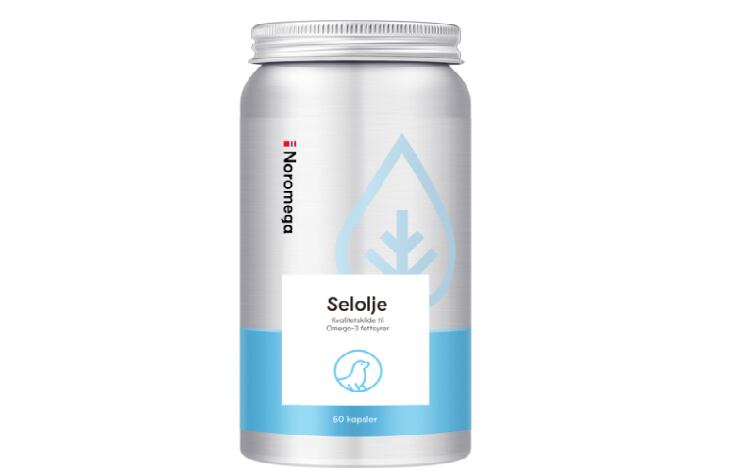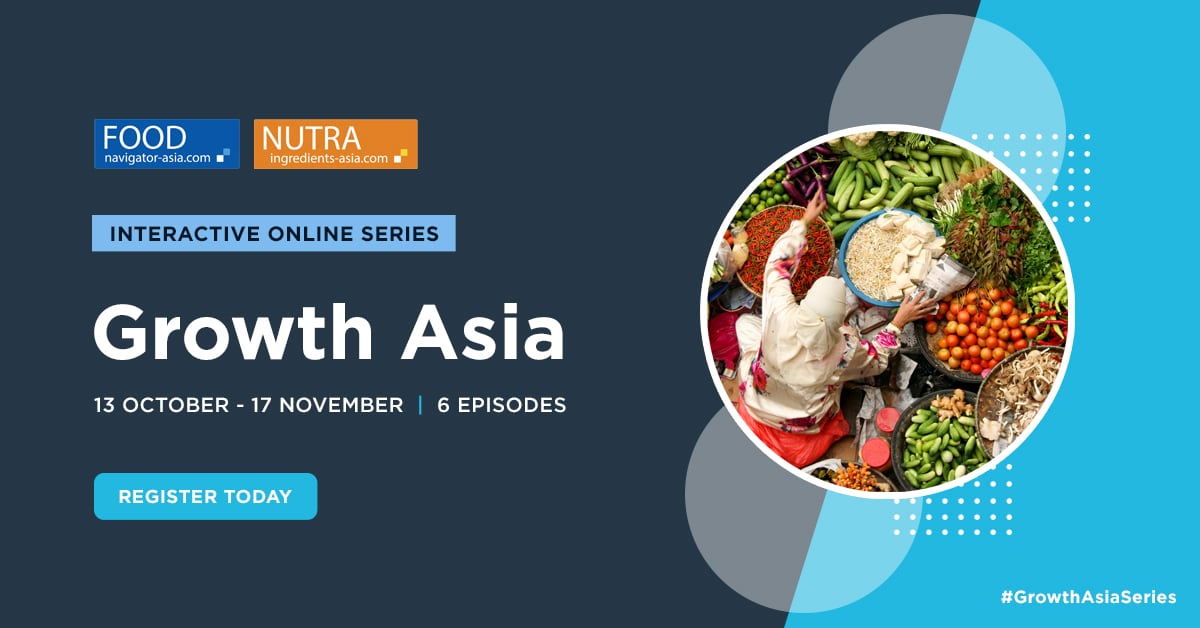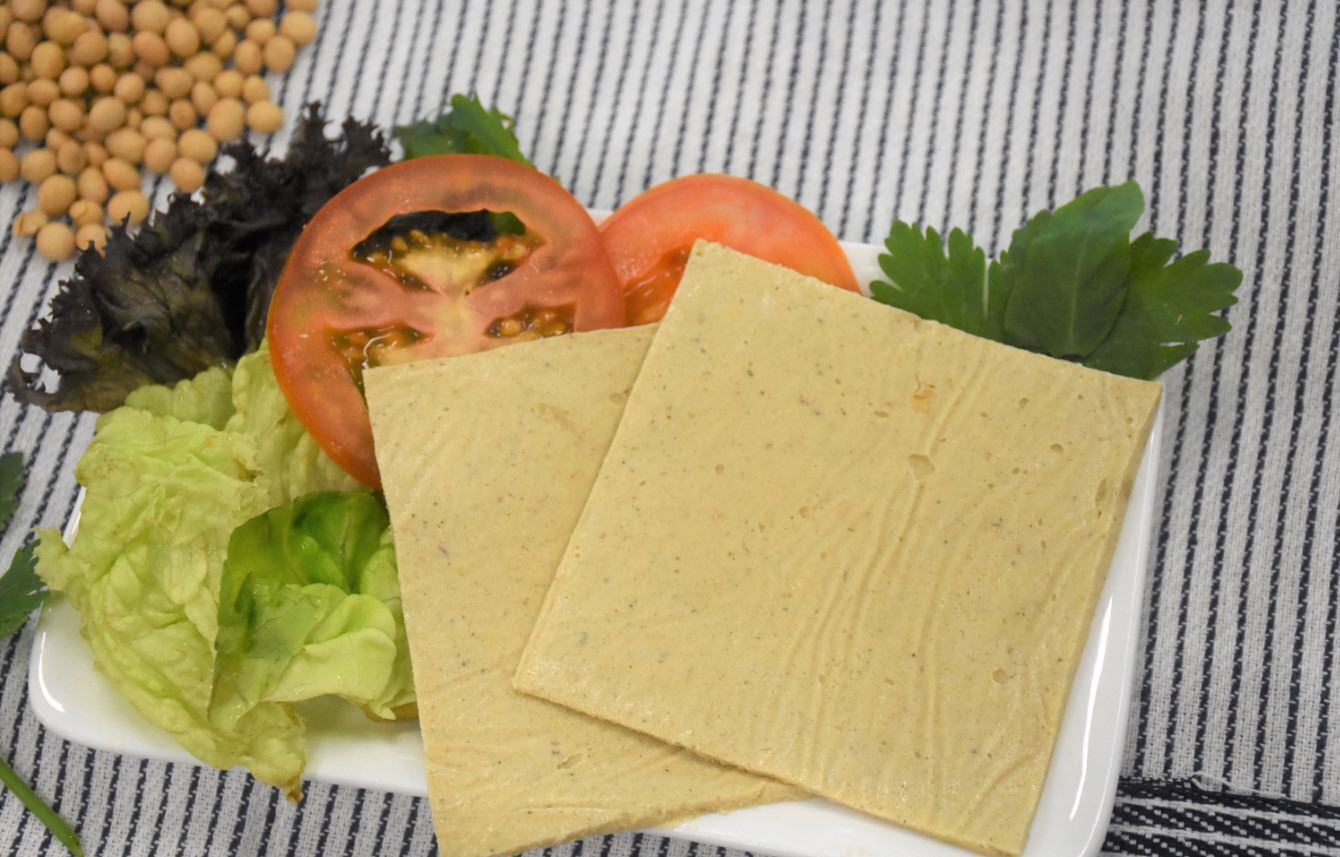In the first six months of 2020, China’s import of seal oil had jumped 213.9%, according to a recent report by China Chamber of Commerce for Import and Export of Medicines and Health Products (CCCMPHIE).
The Oslo-based Norsund Gruppen AS is one of the companies which had witnessed first-hand the growth in demand for seal oil products.
The SME counts Noromega as its bestselling seal oil brand in China. The company also sells seal oil from Biosunn, another brand that it owns, in China.
Sales of seal oil from all its brands sold in China grew at about 100% in the first six months of this year as compared to the same period last year.
As for Noromega alone, sales had gone up 120% to 130%.
Chairman Vegard Moltubakk attributed the growth to heightened health awareness amongst the consumers due to COVID-19.
“We have gone from one partner in 2017 to six, seven partners now today for different brands (sold in China).
“The growth has been tremendous in 2020 and we are very satisfied with the customer feedback and we are very satisfied with our distributors in Greater China,” said Moltubakk.
The products are sold via e-commerce platforms, including Wechat and Little Red Book in China.
He said that the consumers ranged from older people to millennials. Consumers generally take it as a supplement to increase omega-3 level, for brain, heart, and vision health.
Another growth driver is perhaps because seal oil products from Norway are also associated with a “pure and clean image,” said Lee-Magnus Chen Valseth, who is the chief brand officer at Lifeline Pharma – one of the supplement brands owned by the company.
“I believe that the consumers know that harp seal (Pagophilus groenlandicus) is native to the Arctic sea, and they are associated with something pure and clean, it is like the untouched part of the world,” he said.
APAC the core
The company has identified APAC as its core market for its seal oil supplement products moving forward.
“We are looking at the entire APAC,” said Valseth, adding that the expansion in APAC will mostly take place via e-commerce.
“We will take it step-by-step, at the moment, we are closer to a launch in Vietnam,” Moltubakk said. There is a possibility that the market entry will take place by the end of this year.
A main reason for focusing on APAC is because seal oil is banned in most of the Western countries.
Apart from Norway and Canada, which are the producers of seal oil, commercial seal products are banned in most Western markets such as the US and Europe.
In the Western part of the world, the company only sells its seal oil supplements in pharmacies in the domestic market.
Clearing the misunderstanding
Seal products have been banned for a few reasons in most Western countries, including concerns with the ethics of the hunting process.
Prior to the uproar, seals have been hunted for its fur, soap, margarine, and later in the 1990s for its oil.
These days, seal-hunting in Norway has been conducted for cultural, commercial, and sustainable management purposes, said Moltubakk.
“In Norway, we have something called the sustainable management of marine resources, which means it looks at the bigger system of the entire eco-system.
“You need to take the natural interaction within the ecosystem into account, with the goal of upholding a stable ecosystem.
“The seal is on top of this ecosystem. If you have too many seals, you will destabilise the ecosystem,” said Valseth.
The Norwegian government has been subsidizing vessels involved in seal-hunting and has set ground rules to regulate the sector.
For instance, the yearly quota for seal hunting is set at 25,000 and seal hunters must be a marksman and follow a three-step procedure, starting with shooting the seal.
A government inspector will also be present to witness the seal-hunting process.
The quota is set by the Norwegian fisheries department, which made the decision based on joint scientific advice from the Norwest Altantic Fisheries Organisation (NAFO) and the International Council for the Exploration of the Sea (ICES).
There are about 30 seals species in the world and Norway hunts for only one species, which is the harp seal (pagophilus groenlandicus).
According to the International Union for Conservation of Nature and Natural Resources, the specie falls under the ‘least concern’ category as of 2015.
The yearly seal hunting period in Norway is between April and June. According to Moltubakk, about two to three vessels will set sail each year.
This year, he said that about 8,000 to 10,000 seals have been hunted, which is about 40% of the set quota.
“In Norway, my impression is that seal oil and seal hunting have quite a good reputation, taking into context that Norwegians in general are quite cautious about ethics.
“There is no doubt that in the seal hunting industry is dying, and we are looking for more markets (to help the industry go on),” he said.
Because seal oil cannot be sold in Europe, the company is thus selling other dietary supplements from its other brands, such as Lifeline which specialises in women’s and children health, in the region.
Seal oil – benefits
The company said that seal, being a mammal has closer triglycerides structure to humans and thus, seal oil would be better absorbed by humans.
“There is an emphasis on that SN1 and SN3 position of the triglycerides in seal oil.
“In common fish oil, its more on the SN2, so there are lots of studies indicating that we have a better absorption of omega-3 from the seal because of this structure,” said Valseth.
Seal oil also has high amount of DPA and there are studies showing that the amount of DPA will affect the absorption of omega-3.
Vegan-entry
While marine-based omega-3 is one of its specialties, the company now plans to add vegan-based omega-3 to its portfolio as well.
At present, it makes omega-3 supplements from seal oil, salmon, anchovies, cod, and krill.
It plans to produce vegan-based omega-3 using algae oil.





